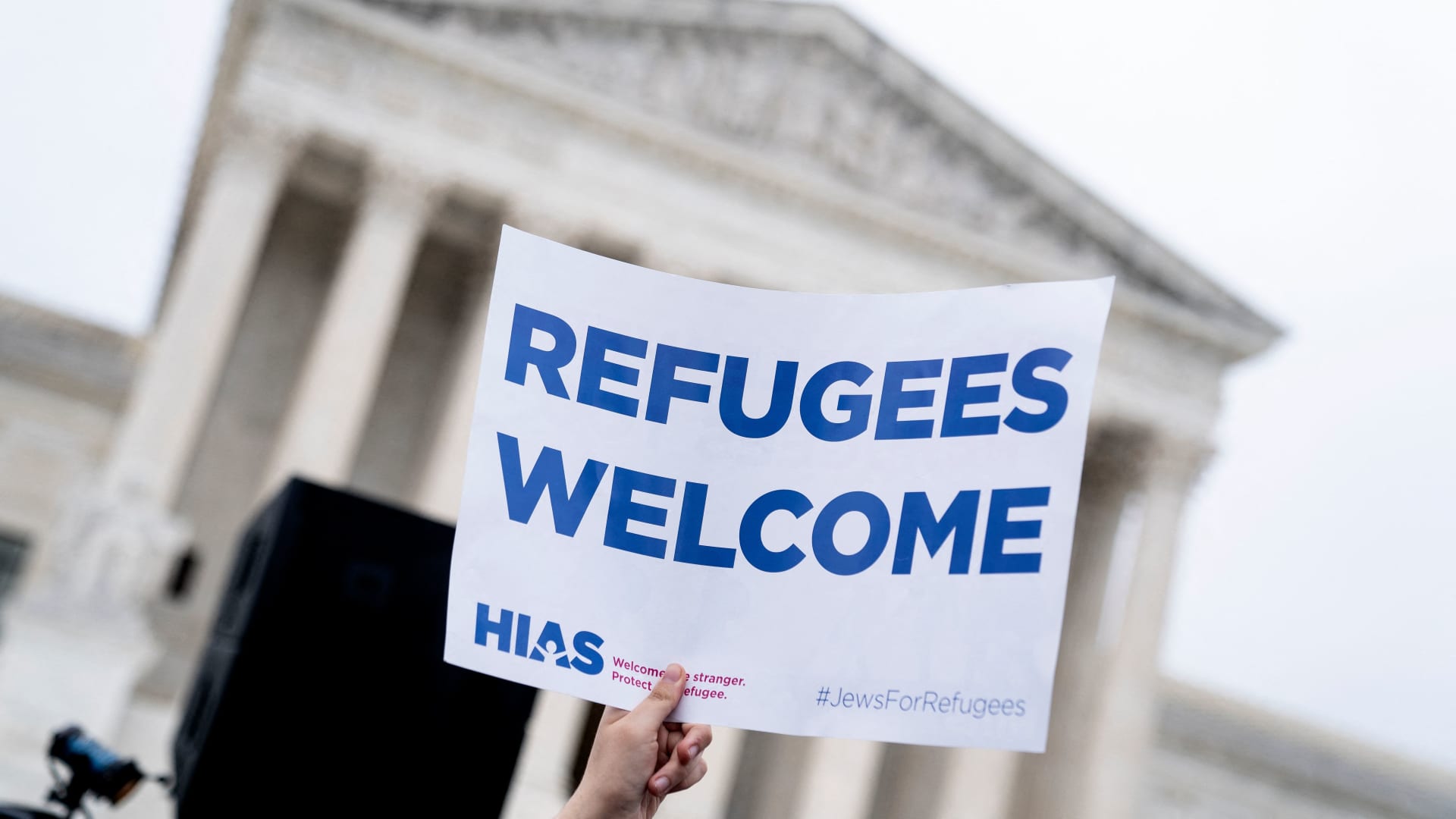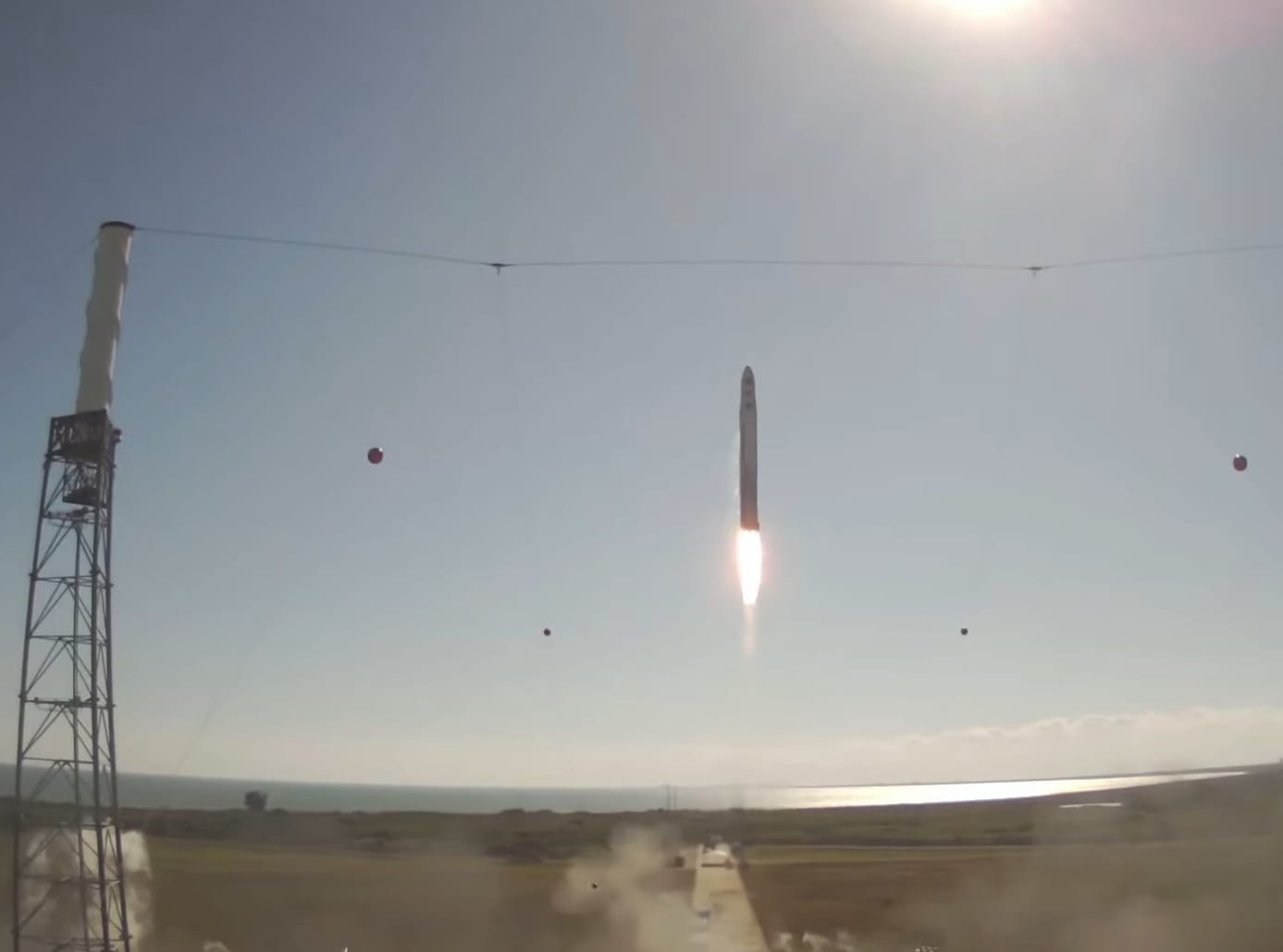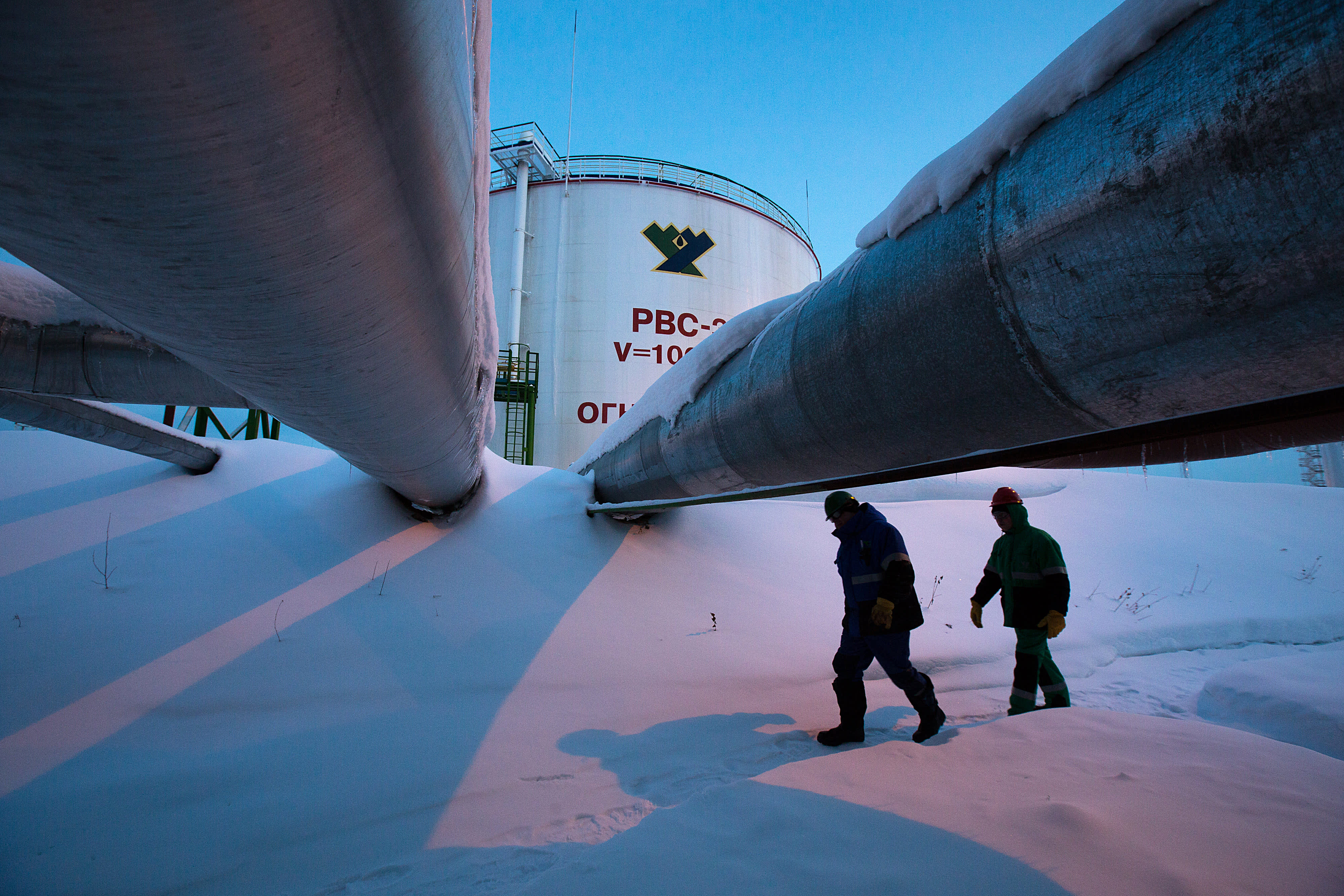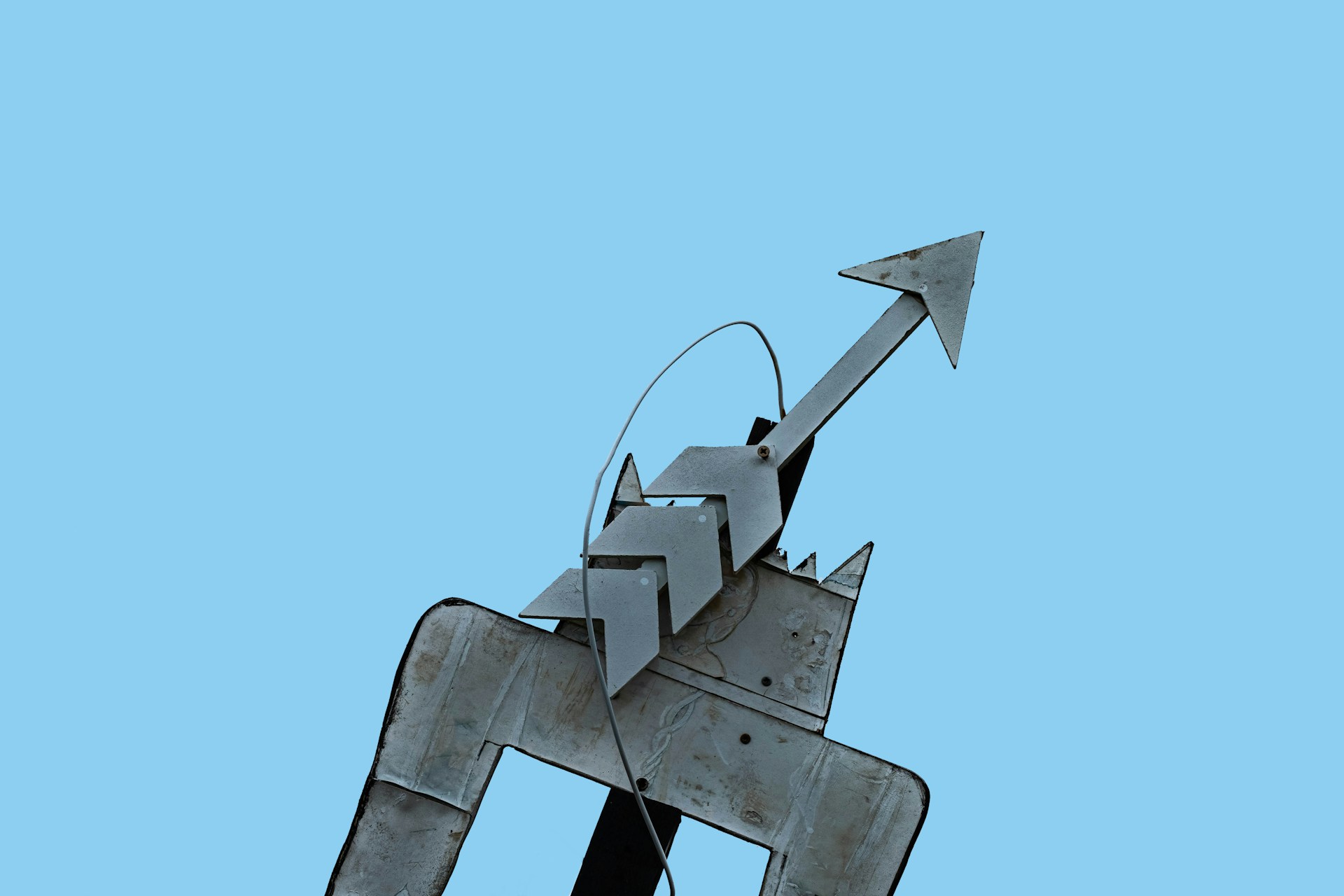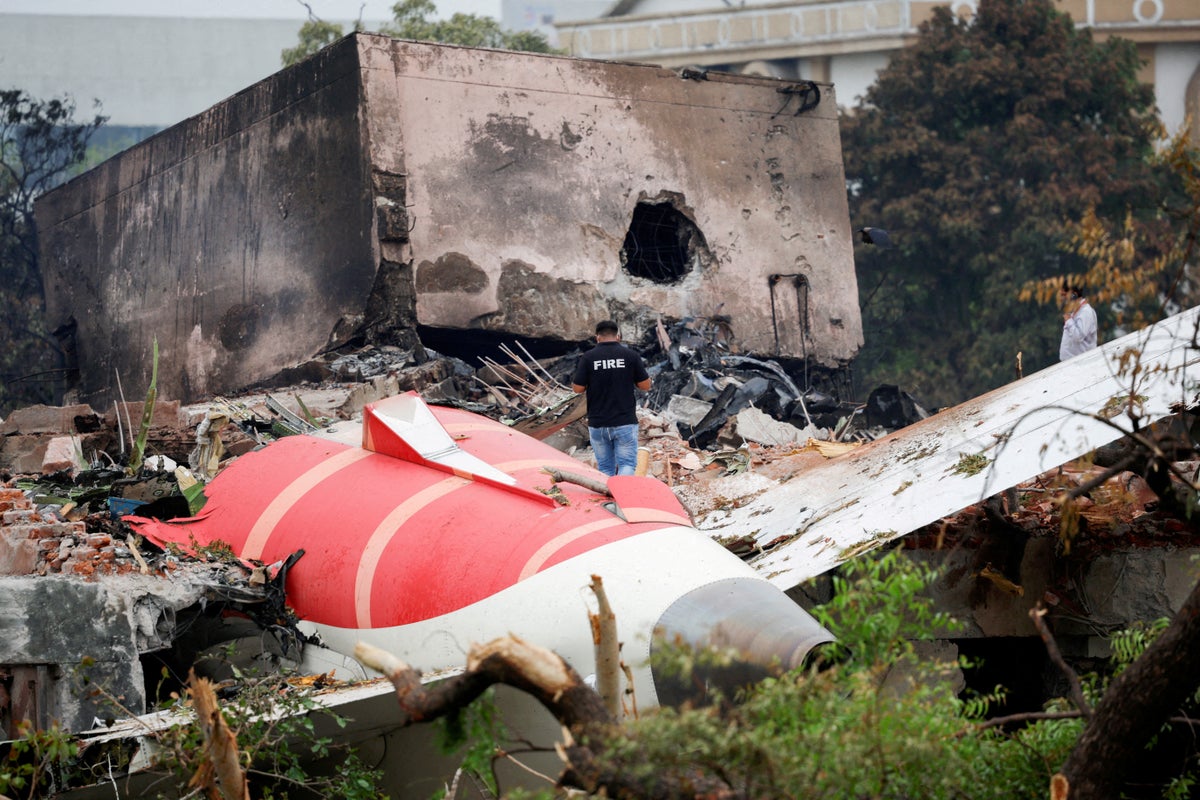Norway, Ireland and Spain to recognize Palestinian statehood
Norway, Ireland and Spain will recognize an independent Palestinian state, the three countries' prime ministers said Wednesday.

A protester waves a Palestinian flag during a Pro-Palestine demonstration held in Berlin, Germany, on May 18, 2024.
Babak Bordbar | Afp | Getty Images
Norway, Ireland and Spain will recognize an independent Palestinian state, the three countries' prime ministers said Wednesday, in the hope of bringing about a peaceful resolution to a conflict that has raged for more than 75 years.
"In the middle of a war, with tens of thousands of dead and injured, we must keep alive the only thing that can provide a safe home for both Israelis and Palestinians: two states that can live in peace with each other," Norwegian Prime Minister Jonas Gahr Stoere told a news conference, according to Reuters.
Spain's Prime Minister, Pedro Sanchez, said on social media that his country will approve the recognition of a Palestinian state in the Council of Ministers on May 28, according to a CNBC translation.
Irish Prime Minister Simon Harris also confirmed the news in a news conference: "Today, Ireland, Norway, and Spain are announcing that we recognize the state of Palestine. Each of us will now undertake whatever national steps are necessary to give effect to that decision."
Harris expressed enthusiasm about the prospect of other countries following suit.
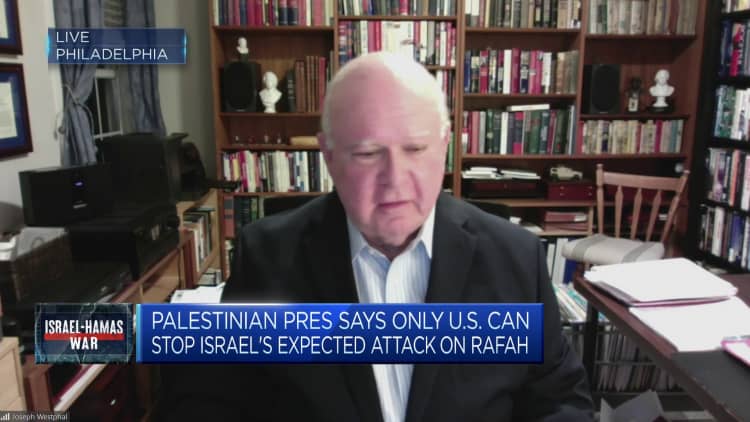
"I'm confident that further countries will join us in taking this important step in the coming weeks," he said.
Palestinian leader Yasser Arafat first unilaterally declared an independent Palestinian state in November 1988, with the capital in East Jerusalem.
Six other European countries previously recognized a Palestinian state, according to the World Population Review — Poland, Bulgaria, Romania, Hungary, Ukraine and the Czech Republic.
Israel on Wednesday recalled its ambassadors to Ireland and Norway in the wake of the countries' decisions to recognize Palestinian statehood.
"Today's decision sends a message to the Palestinians and the world: Terrorism pays," Israeli Foreign Minister Israel Katz said on the X social media platform, referencing the Oct. 7 terror attack perpetrated by Palestinian militant group Hamas, during which roughly 1,200 people were killed and approximately 250 were taken hostage.
"If Spain follows through on its intention to recognize a Palestinian state, a similar step will be taken against it. The Irish-Norwegian folly does not deter us," Katz added.

The Gaza Strip fell under the governance of Hamas following a complete takeover in 2007. The Palestinian National Authority, or PA, in power before the Palestinian militant group, now holds partial control of the occupied West Bank. The Israel-Hamas war has killed more than 35,000 people in Gaza, according to Palestinian health authorities in the besieged enclave.
Close Israeli ally Washington has previously expressed support for a "revitalized" version of the PA and recognized its importance in reestablishing stability in the broader Middle Eastern region, which has been rocked by a potential conflict spillover.
Many in the international community have championed a two-state resolution to the long-standing conflict in the Gaza territory, which would lead to the creation of an independent Palestinian state alongside that of Israel. Israeli Prime Minister Benjamin Netanyahu has resisted a two-state recourse and last week underlined in a CNBC interview that a nascent Palestinian nation would "immediately be taken over by Hamas and Iran." He instead advocates for a post-war outcome that gives Israel "responsibility of overall security" over the Gaza enclave.
"An independent Palestinian state remains a firm goal of German foreign policy," a German Foreign Ministry spokesperson said Wednesday, according to Reuters, in response to a question over Berlin's support for a two-state solution.

 MikeTyes
MikeTyes 







